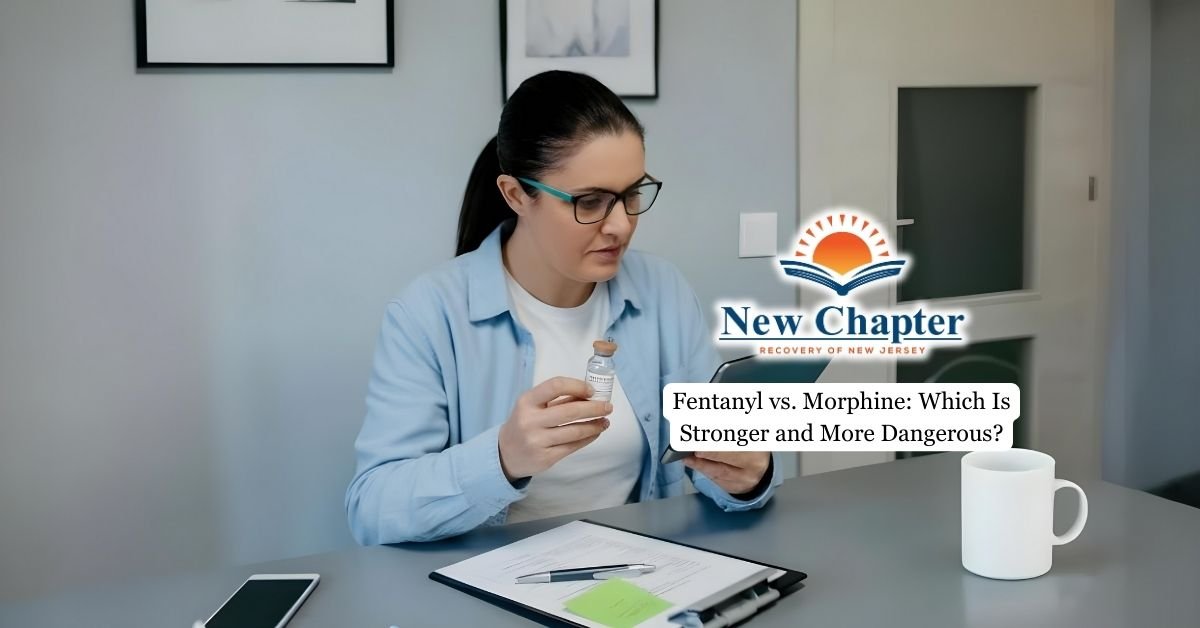Ritalin, also known by its generic name methylphenidate, is commonly prescribed to individuals with Attention Deficit Hyperactivity Disorder (ADHD) to improve focus, impulse control, and overall brain function. However, the misuse of Ritalin by people without ADHD is becoming increasingly common, especially among students and professionals seeking a quick boost in focus and productivity.
While it may seem harmless initially, taking Ritalin without a prescription can lead to serious short-term and long-term consequences. Understanding how Ritalin affects the brain and body of someone without ADHD is crucial to recognizing the dangers associated with its misuse.

How Ritalin Affects the Brain
Ritalin works by increasing dopamine levels in the brain. Dopamine is a neurotransmitter that controls attention, motivation, and the reward system. For individuals with ADHD, Ritalin restores balance in brain activity, helping them manage distractions and stay focused.
However, when someone without ADHD takes Ritalin, the brain receives an unnatural surge of dopamine, creating an overstimulated state.
This overstimulation may temporarily enhance focus and alertness, but it also disrupts the brain’s natural chemistry. Over time, the brain adapts to the excess dopamine, making it harder to experience pleasure and motivation without the drug. This alteration increases the likelihood of dependence and addiction. If left unchecked, this cycle can lead to long-term health risks, which often require addiction treatment to reverse the damage and restore balance.
Effects of Ritalin on People Without ADHD
Short-Term Effects
In the short term, Ritalin can create a surge of energy and focus, often described as feeling “laser-focused” or hyper-alert. People without ADHD may experience a temporary boost in productivity and a reduced need for sleep. However, these perceived benefits come at a cost. Elevated dopamine levels can cause restlessness, irritability, and emotional instability.
Negative Side Effects
Misuse of Ritalin can result in a range of adverse physical and psychological side effects. Physically, individuals may experience an increased heart rate, high blood pressure, headaches, and dizziness. On a psychological level, anxiety, paranoia, mood swings, and agitation are common, making it difficult for users to maintain emotional stability. Prolonged misuse may also lead to severe mood disorders and cognitive impairment.
Risk of Addiction and Dependence
One of the most significant dangers of taking Ritalin without a prescription is the risk of addiction. Since Ritalin increases dopamine levels beyond natural limits, the brain eventually becomes dependent on the drug to function properly. Over time, tolerance builds, requiring higher doses to achieve the same effects. This pattern leads to addiction, and when the drug is no longer available, individuals often experience withdrawal symptoms such as depression, fatigue, and an inability to concentrate.

A popular alternative to ritalin is concerta. Here, you can learn more about the differences between both drugs.
Long-Term Consequences of Misusing Ritalin
Prolonged misuse of Ritalin can cause severe and lasting harm to both physical and mental health. Physically, continuous stimulant use can lead to cardiovascular complications such as high blood pressure, heart palpitations, and an increased risk of stroke or heart attack.
Over time, the liver and kidneys may also suffer damage due to the body’s inability to process the drug efficiently.
Mentally, chronic misuse of Ritalin can result in mood disorders, including anxiety, depression, and paranoia. Brain chemistry becomes altered, making it difficult for individuals to feel pleasure, focus, or stay motivated without the drug.
Cognitive decline, impaired decision-making, and emotional instability often follow, creating long-term challenges that require professional treatment to reverse.
Why Misusing Ritalin Is Dangerous
Dependence develops quickly as the brain becomes reliant on artificial dopamine stimulation, leading to a harmful cycle of addiction. Without intervention, users often face withdrawal symptoms, making it difficult to stop using.
On top of all, Ritalin is classified as a Schedule II controlled substance, making its unauthorized use illegal and subject to criminal penalties. Long-term misuse not only jeopardizes physical and mental health but also exposes individuals to legal risks.
Final Thoughts from New Chapter Recovery
Misusing prescription stimulants can lead to long-term physical and mental health consequences, but with the right guidance and support, breaking free from addiction is possible.
At New Chapter Recovery, we offer a compassionate, faith-based approach that blends evidence-based therapies with spiritual growth. Our outpatient treatment program is designed to address individuals’ unique challenges by providing personalized treatment plans that promote healing of the mind, body, and spirit.






